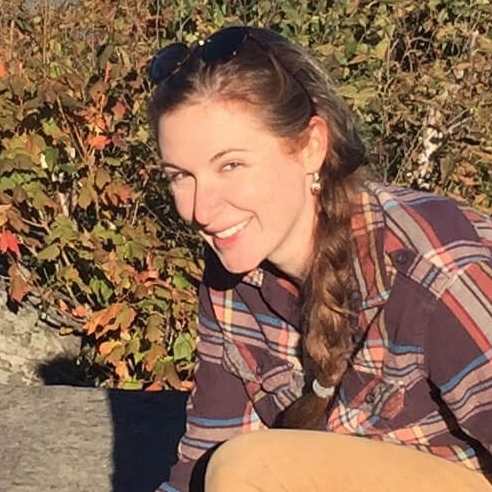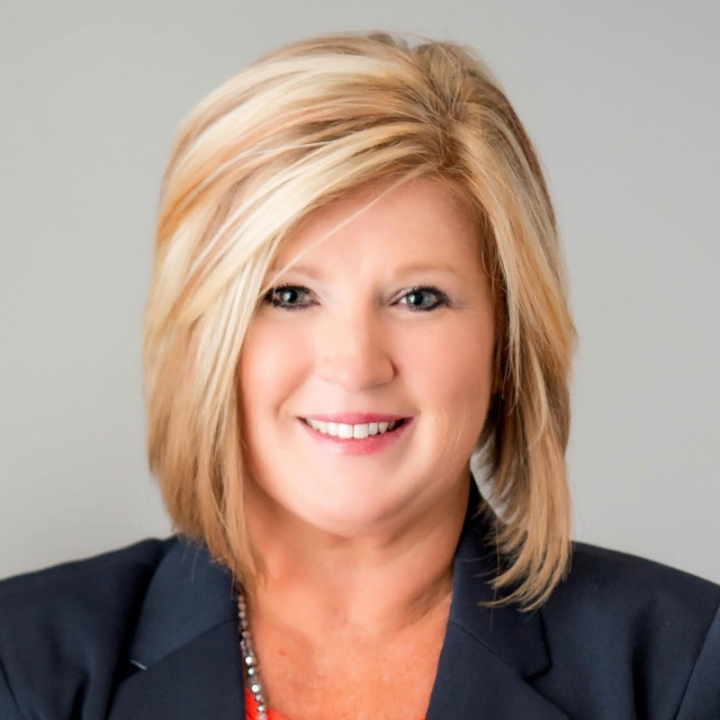Castro promises to end the War on Drugs.
Castro favors legalization of marijuana, and believes a key component of marijuana legalization is the expungement of marijuana-related charges for individuals with existing charges on their records.
Castro promises to eliminate the sentencing disparity between crack and powder cocaine, and will order a federal review of all other sentencing guidelines to address other possible racial disparities in sentencing.
In an interview with the Iowa Harm Reduction Coalition in November, 2019, Castro indicated an openness for exploring decriminalization or other alternatives for drug enforcement beyond just marijuana.
Castro pledges to increase security at U.S. ports of entry to prevent the trafficking of drugs like fentanyl into the U.S.
Castro believes there should be harsher penalties for individuals who sell drugs or traffick drugs into the U.S.
Under his leadership, the Department of Housing and Urban Development (HUD) published a 2014 memo clarifying that owners of federally assisted housing facilities are required to deny entry to people who use controlled substances, including marijuana, even for medical purposes in accordance with state law. The guidance did say, however, that it is up to owners’ discretion whether people who already live in public housing must be evicted if cannabis use is later discovered. In a Nov. 2019 roundtable discussion with IHRC, Castro responded to a question about this memo, stating, “... That memo that was published I think in December of 2014, basically was a restatement of the federal law in place, right? And for those who follow these memos, these memos are the kinds of memos that are regularly put out on these subjects. I think it was also signed by like an assistant secretary, right? And so there’s a signal there that we want to move in the direction of actually working to assist, working to help people who may be grappling with these issues and we in fact did a lot of that work. Our housing first work around ending homelessness in the United States provided emphasized housing with permanent supportive services, including for people who are grappling with substance issues, so I absolutely want us to continue to move in that direction. I also believe that ultimately, we need to change the law that marijuana should not be illegal. We should legalize marijuana… We should also in the least, deprioritize the enforcement of the use of other substances, so that we don’t have this model of the war on drugs that I think is a failed model but instead, focus on getting people the treatment that they need, and also, other opportunity, including housing. You know, I will say, right, anytime you’re in a public housing situation, you do have a concern because it’s in a community, and so to the extent that the people that manage public housing out there housing authorities do have to concern themselves with the entire community. So, if there are instances where situations arise of issues between residents, that also has to be addressed. One of the things that we did when I was HUD Secretary, is that we said, we gave guidance to housing authorities that, for instance, just because somebody has a criminal record that you shouldn’t “X” them out of public housing. That you have to go deeper than that, but that we didn’t want people to have this big “X” on their record that didn’t allow them to get public housing. We also have said that we don’t believe in this three strike, one strike actually in many housing authorities. This one strike and you’re out policy doesn’t make sense, that it has to be more nuanced than that. And I think that we need to continue along that path, both with concern for allowing people to get the help they need and the resources they need and to live in a safe decent place, and also you have to manage that with what’s happening in the community with other residents. We can strike a good balance I think.”
“I actually support the legalization of marijuana, and let me tell you why. Number one, we have enough experience in states like Colorado and other communities across our country that have shown how you can do this, how you can do it in a sensible way with good regulation. I mean, it’s going to be regulated, right? People are not going to be able to do whatever they want, but a well-regulated, legalized system of marijuana, I think, makes sense. On top of that, we need to go back and expunge the records of people who were imprisoned because of using marijuana. And… this part is important in part because there are a lot of people, and folks in this audience probably know some of them who have served jail time, right? And disproportionately it’s impacted communities of color and poor neighborhoods of people who have been imprisoned because of marijuana use. So, it’s not enough just to say we want to legalize it, we actually want to go back and expunge these records…”
Presidential Town Hall with Julian Castro
CNN, April 11, 2019
“We need to ensure that we build on the First Step Act and reform our criminal justice system. That we do things like legalize marijuana. That we encourage communities to go back and expunge the records of too many who have been caught up in this criminal justice system and locked behind bars for small-level offenses.”
Beto O’Rourke, Andrew Yang, Julian Castro Speak at National Action Network Event
NowThis News, April 3, 2019
“…I do think for instance when we compare it to marijuana right now, that we have good evidence that we can regulate that in a sensible way. We have it in Colorado and other states now that have allowed recreational use of marijuana, which I agree with, and so there’s good evidence out there. I’m open to the United States looking at other substances that we can either decriminalize or de-enforce, deprioritize enforcement of. That’s newer right? I mean the evidence of that in our country is newer, and so I do think though that it’s worth taking a look at that and understanding where are those opportunities to either decriminalize or at least de-emphasize enforcement so that we’re not penalizing individuals who should instead be getting the treatment that they need. I believe in that model, generally. I don’t believe in cracking down on people, and like I said, a lot of folks getting caught up in an incarceration system that takes them off of the productive path in life, and they’re never able to get back on because they have that record. And so, I’m very open to that, but you know it is for those of us who are policymakers or aspiring to be, that is newer. I look forward to understanding how we can do that, and make sure that we can do it in the same orderly way, workable way that we’ve been able to do with marijuana in these states.”
Julian Castro – IHRC 2020 Democratic Presidential Candidate Forum on the Overdose Crisis – Event 2
November 23, 2019
“I would make sure as president that we have harsh penalties against people who traffic in fentanyl and similar drugs. I also believe we need to make smart investments in our ports of entry so that we can crack down further on the trafficking of fentanyl and other drugs… One thing that I believe we should do is to better invest in security at our ports of entry so that we can do things like catch more of the fentanyl that is coming through… I agree with those who say that we need harsher sentences for people who sell those drugs. We have — when it comes to the users of drugs, for instance, people who have used marijuana in comparison, we have locked people up for generations. There are tons and tons of people who have sat in jail for relatively low-level offenses. We ought to be going after people who are selling these drugs.”
Presidential Town Hall with Julian Castro
CNN, April 11, 2019
“When it comes to the issue of [opioid] prescriptions, I hear that. I also hear from people that we want to make sure that if somebody actually needs medication or a certain drug, that they’re able to get that too, and so, I am mindful of not being overzealous in a way that hurts people who actually need certain medication.”
Julian Castro – IHRC 2020 Democratic Presidential Candidate Forum on the Overdose Crisis – Event 2
November 23, 2019
Read More
The First Chance Plan
Julian Castro campaign website, 2019
Use of Marijuana in Multifamily Assisted Properties
U.S. Department of Housing and Urban Development, December 29, 2014 | Benjamin T. Metcalf
Julian Castro – IHRC 2020 Democratic Presidential Candidate Forum on the Overdose Crisis – Event 2
November 23, 2019
Julian Castro presidency would make sure patients who actually need opioids could get them
Blake Dodge, November 30, 2019 | Newsweek
Julian Castro Open To Decriminalizing Drugs And Endorses Safe Consumption Sites
Kyle Jaeger, November 29, 2019 | Marijuana Moment
IHRC discusses drug policy with presidential candidates
Brian Tabick, November 23, 2019 | KCRG
Harris highlights contrasts with rivals Sanders, Warren
O. Kay Henderson, November 25, 2019 | Radio Iowa






